Green Revolution: The Role of Dumpster Manufacturers in Promoting Sustainability
Table of Contents:
- The Importance of Sustainable Waste Management
- The Impact of Dumpster Manufacturing on the Environment
- Innovations in Dumpster Design for Environmental Conservation
- The Role of Dumpster Manufacturers in Recycling and Upcycling
- Reducing Waste Generation Through Efficient Dumpster Manufacturing
- Promoting Energy Efficiency in Dumpster Manufacturing Processes
- The Role of Dumpster Manufacturers in Waste Reduction Strategies
- Sustainable Materials and Practices in Dumpster Manufacturing
- Collaboration between Dumpster Manufacturers and Environmental Organizations
- The Role of Dumpster Manufacturers in Educating Consumers about Sustainability
- Technological Advancements in Dumpster Manufacturing for Sustainability
- The Role of Dumpster Manufacturers in Promoting Circular Economy
- Future Outlook: Dumpster Manufacturing for a Greener World
- FAQs
The Importance of Sustainable Waste Management
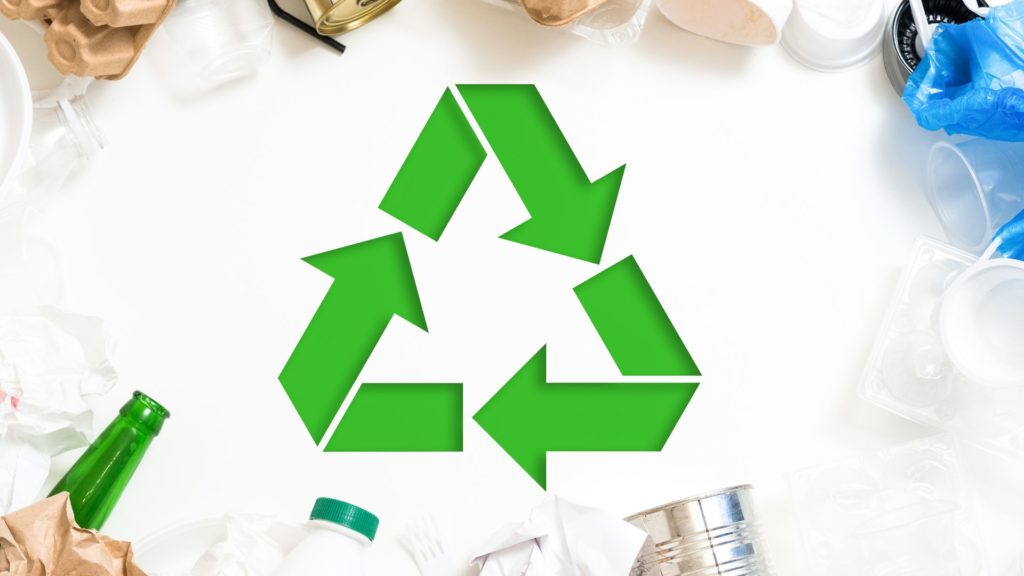
Proper waste management is crucial for maintaining a healthy and sustainable environment. It involves the collection, transportation, processing, and disposal of waste materials in a way that minimizes their impact on the ecosystem. By implementing effective waste management practices, we can reduce pollution, conserve resources, and protect both human health and biodiversity.
One key aspect of sustainable waste management is recycling. Recycling allows us to recover valuable materials from discarded items and reintroduce them into the production cycle. This not only reduces the need for raw material extraction but also saves energy and reduces greenhouse gas emissions associated with manufacturing processes. Through recycling initiatives, we can create a circular economy where resources are used efficiently and waste is minimized.
Another important component of sustainable waste management is proper disposal methods for hazardous or non-recyclable materials. These substances require specialized treatment to prevent contamination of soil, water sources, or air quality. Implementing safe disposal practices ensures that harmful chemicals do not leach into the environment or pose risks to human health. Moreover, it helps mitigate potential ecological damage caused by improper handling of hazardous waste.
By prioritizing sustainable waste management practices such as recycling and safe disposal methods for different types of waste streams, we can significantly reduce our environmental footprint while conserving natural resources for future generations. Embracing these approaches requires collaboration among individuals, businesses, governments, and organizations dedicated to promoting sustainability at every level of society.
The Impact of Dumpster Manufacturing on the Environment
Dumpster manufacturing has a significant impact on the environment due to various factors. One of the key concerns is the use of non-renewable resources in the production process. Many dumpsters are made from materials such as steel and plastic, which require large amounts of energy and natural resources for extraction and processing. This contributes to deforestation, habitat destruction, and increased carbon emissions.
Another environmental concern related to dumpster manufacturing is waste generation during production. The fabrication process often generates substantial amounts of scrap material that may not be properly managed or recycled. This leads to additional waste being sent to landfills or incinerators, further exacerbating environmental issues.
Furthermore, transportation plays a crucial role in the overall environmental impact of dumpster manufacturing. The shipping of raw materials and finished products requires fossil fuel consumption, resulting in greenhouse gas emissions and air pollution. Additionally, long-distance transportation increases energy usage and contributes to global warming.
To address these challenges, it is essential for dumpster manufacturers to adopt sustainable practices throughout their operations. This includes sourcing eco-friendly materials like recycled steel or biodegradable plastics whenever possible. Implementing efficient recycling programs within factories can help minimize waste generation while maximizing resource utilization.
Moreover, manufacturers should strive for more localized production facilities to reduce transportation distances and associated carbon emissions. Investing in renewable energy sources for powering manufacturing processes can also significantly decrease reliance on fossil fuels.
Overall, by prioritizing sustainability in dumpster manufacturing practices through responsible material sourcing, waste reduction efforts,and adopting cleaner technologies,the industry can contribute positively towards mitigating its impact on the environment.
Innovations in Dumpster Design for Environmental Conservation
Innovations in dumpster design have played a significant role in promoting environmental conservation. One key innovation is the integration of smart technology into dumpsters, allowing for more efficient waste management. These smart dumpsters are equipped with sensors that can detect and monitor the fill levels, temperature, and even odors of the waste inside. This data enables waste management companies to optimize collection routes, reduce fuel consumption, and minimize greenhouse gas emissions.
Another innovative design feature is the implementation of compartmentalized dumpsters. These dumpsters are divided into separate compartments for different types of waste such as recyclables, organic matter, and general trash.
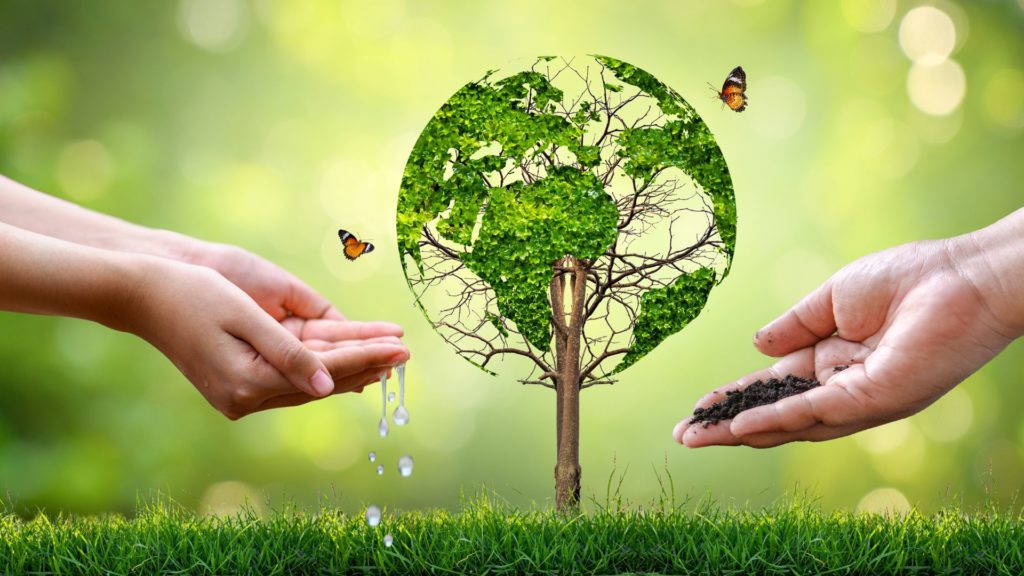
By providing designated spaces for specific types of waste, these dumpsters facilitate proper sorting at the source and encourage recycling practices among users.
Furthermore, there has been a shift towards using eco-friendly materials in dumpster manufacturing. Traditional steel or plastic construction materials have been replaced with recycled or sustainable alternatives like composite lumber made from recycled plastics or bamboo-based panels. These materials not only reduce the environmental impact during production but also enhance durability and longevity.
These innovations in dumpster design demonstrate how manufacturers are actively contributing to environmental conservation efforts through their products. By incorporating smart technology, compartmentalization features, and sustainable materials into their designs, dumpster manufacturers are helping to improve waste management practices while minimizing resource consumption and pollution.
The Role of Dumpster Manufacturers in Recycling and Upcycling

Dumpster manufacturers play a crucial role in promoting recycling and upcycling practices. By incorporating sustainable materials and design principles into their products, they contribute to the reduction of waste sent to landfills. Additionally, dumpster manufacturers can collaborate with recycling organizations to develop innovative solutions that facilitate efficient sorting and processing of recyclable materials.
One way in which dumpster manufacturers support recycling efforts is by designing dumpsters with separate compartments for different types of recyclables.
These specialized containers make it easier for individuals and businesses to sort their waste at the source, ensuring that recyclable materials are not contaminated or mixed with non-recyclable items. Furthermore, some dumpster manufacturers have implemented smart technologies such as sensors and digital tracking systems, enabling real-time monitoring of fill levels in recycling dumpsters. This technology helps optimize collection routes, reducing fuel consumption and emissions associated with unnecessary trips.
In addition to facilitating recycling practices, dumpster manufacturers also contribute to upcycling initiatives through product innovation. They can incorporate recycled or repurposed materials into the manufacturing process itself, creating dumpsters made from reclaimed plastic or metal components. Moreover, some companies explore creative ways to reuse discarded dumpsters by transforming them into new products like outdoor furniture or storage units. By embracing these upcycling strategies, dumpster manufacturers demonstrate their commitment to minimizing environmental impact throughout a product’s lifecycle while simultaneously offering alternative uses for old or damaged containers.
Reducing Waste Generation Through Efficient Dumpster Manufacturing
Efficient dumpster manufacturing plays a crucial role in reducing waste generation and promoting sustainability. By implementing innovative design strategies, manufacturers can minimize the amount of materials used in production while still ensuring durability and functionality. This not only reduces waste during the manufacturing process but also extends the lifespan of dumpsters, resulting in fewer replacements over time.
One approach to efficient dumpster manufacturing is incorporating lightweight yet strong materials such as high-density polyethylene (HDPE). HDPE offers several advantages, including resistance to corrosion, rust, and chemical damage. Additionally, it can be easily molded into various shapes and sizes without compromising its strength. By utilizing HDPE or similar sustainable materials, manufacturers can create dumpsters that are both durable and environmentally friendly.
Furthermore, efficient dumpster manufacturing involves optimizing production processes to minimize waste generation. Manufacturers can implement lean manufacturing techniques that focus on streamlining operations and eliminating unnecessary steps or components. This results in reduced material wastage during fabrication as well as decreased energy consumption throughout the entire production cycle. Through these efforts, dumpster manufacturers contribute significantly to waste reduction initiatives by producing products that are designed with efficiency and sustainability in mind.
Promoting Energy Efficiency in Dumpster Manufacturing Processes
With the growing concern for environmental sustainability, promoting energy efficiency in dumpster manufacturing processes has become a crucial aspect of waste management. Dumpster manufacturers are increasingly adopting innovative techniques and technologies to reduce energy consumption during production.
One key approach is the implementation of advanced machinery and equipment that optimize energy usage. By utilizing efficient motors, automated systems, and smart controls, manufacturers can minimize energy wastage while maintaining high productivity levels.

Additionally, incorporating renewable energy sources such as solar or wind power into manufacturing facilities further reduces reliance on fossil fuels.
Another strategy involves improving insulation and thermal management in dumpster manufacturing plants. By enhancing the insulation of buildings and optimizing heating, ventilation, and air conditioning (HVAC) systems, manufacturers can significantly reduce their overall energy consumption. This not only lowers greenhouse gas emissions but also leads to cost savings through reduced utility bills.
Furthermore, implementing lean manufacturing principles can contribute to enhanced energy efficiency in dumpster production processes. Streamlining operations by eliminating unnecessary steps or reducing material waste helps conserve resources and minimizes associated energy requirements. Adopting sustainable materials like recycled steel or composite materials also plays a vital role in reducing the carbon footprint of dumpsters throughout their lifecycle.
By prioritizing energy-efficient practices throughout their operations, dumpster manufacturers contribute directly towards sustainable waste management efforts. These initiatives not only help protect the environment but also lead to long-term economic benefits for both businesses and society as a whole.
The Role of Dumpster Manufacturers in Waste Reduction Strategies
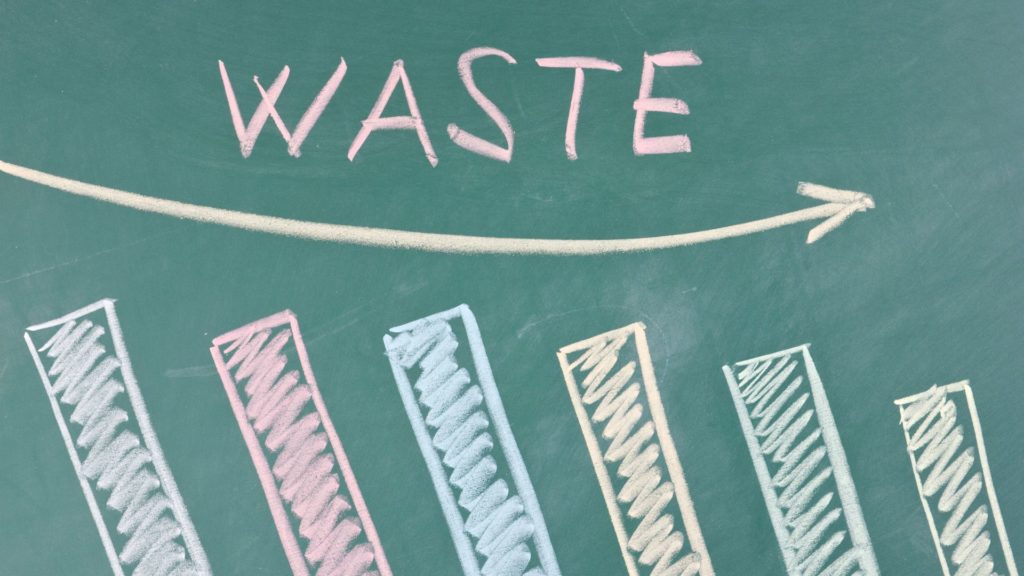
Dumpster manufacturers play a crucial role in waste reduction strategies by implementing sustainable practices throughout the manufacturing process. One key aspect is the use of recycled and environmentally friendly materials in dumpster production. By utilizing materials such as recycled steel or biodegradable plastics, manufacturers can significantly reduce the environmental impact associated with traditional manufacturing methods.
Furthermore, dumpster manufacturers are actively involved in promoting recycling initiatives. They design dumpsters with separate compartments to facilitate easy sorting of recyclable materials, encouraging individuals and businesses to properly dispose of their waste.
Additionally, some manufacturers have partnered with recycling organizations to ensure that collected recyclables are efficiently processed and reused.
In addition to material choices and recycling efforts, dumpster manufacturers also focus on optimizing the lifespan and functionality of their products. By designing durable dumpsters that withstand wear and tear, they minimize the need for frequent replacements or repairs. This not only reduces waste generation but also saves resources required for producing new dumpsters.
Through these various waste reduction strategies, dumpster manufacturers contribute significantly towards building a more sustainable future. Their commitment to using eco-friendly materials, promoting recycling initiatives, and creating long-lasting products showcases their dedication to reducing waste generation while ensuring efficient waste management systems are in place.
Sustainable Materials and Practices in Dumpster Manufacturing
Dumpster manufacturers play a crucial role in promoting sustainability through the use of sustainable materials and practices in their manufacturing processes. By incorporating eco-friendly materials such as recycled steel or aluminum, manufacturers can reduce the environmental impact associated with dumpster production. These materials not only conserve natural resources but also help minimize waste generation throughout the manufacturing process.
In addition to using sustainable materials, dumpster manufacturers are adopting environmentally friendly practices to further enhance their sustainability efforts.
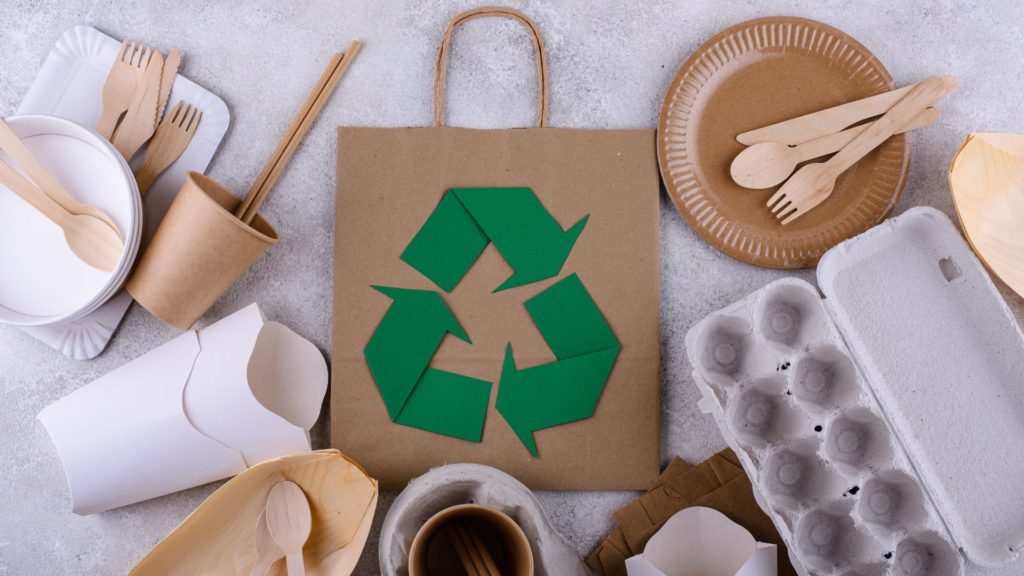
This includes implementing energy-efficient manufacturing processes that reduce carbon emissions and minimize energy consumption. By embracing innovative technologies and optimizing production methods, manufacturers can significantly decrease their ecological footprint while still meeting the demand for dumpsters.
Furthermore, dumpster manufacturers are increasingly focusing on designing products that promote longevity and durability. By creating durable dumpsters that have a longer lifespan, fewer replacements will be needed over time, resulting in reduced waste generation. Additionally, these manufacturers are exploring options for easy repairability and recyclability at the end of a dumpster’s life cycle to ensure minimal environmental impact.
By prioritizing sustainable materials and practices in dumpster manufacturing, companies contribute to overall waste reduction efforts while also setting an example for other industries to follow suit. Through conscious material choices, efficient production techniques, and product design innovations aimed at longevity and recyclability, dumpster manufacturers can make significant strides towards a greener future without compromising functionality or quality.
Collaboration between Dumpster Manufacturers and Environmental Organizations
Collaboration between dumpster manufacturers and environmental organizations plays a crucial role in promoting sustainable waste management practices. By working together, these entities can share knowledge, resources, and expertise to develop innovative solutions that minimize the environmental impact of dumpsters throughout their lifecycle.
One key area of collaboration is in the development of eco-friendly materials for dumpster manufacturing. Environmental organizations can provide valuable insights into sustainable materials that are durable, recyclable, and have a lower carbon footprint. By incorporating such materials into the production process, manufacturers can reduce their environmental impact while still ensuring the functionality and durability of dumpsters.
Furthermore, collaboration between dumpster manufacturers and environmental organizations also extends to recycling initiatives. Together, they can establish effective recycling programs for discarded or damaged dumpsters. This involves identifying suitable recycling facilities and implementing processes to ensure proper disposal and reuse of materials. By diverting old dumpsters from landfills through recycling efforts, both parties contribute to reducing waste generation while conserving valuable resources.
Moreover, this partnership enables ongoing research and development efforts aimed at improving sustainability in dumpster design. Manufacturers can work closely with environmental organizations to explore new technologies or concepts that enhance energy efficiency during manufacturing processes or promote circular economy principles through upcycling or repurposing strategies.
By fostering collaboration between dumpster manufacturers and environmental organizations across various aspects like material selection, recycling initiatives, research endeavors – we pave the way towards more sustainable waste management practices in our communities.
The Role of Dumpster Manufacturers in Educating Consumers about Sustainability
Dumpster manufacturers play a crucial role in educating consumers about sustainability. By providing information and raising awareness, they contribute to promoting responsible waste management practices among individuals and businesses. One way dumpster manufacturers fulfill this role is by offering educational resources on their websites or through other channels.
These resources often include tips and guidelines on how to properly sort and dispose of different types of waste, as well as the importance of recycling and reducing landfill waste. Dumpster manufacturers also collaborate with environmental organizations to develop educational campaigns that target specific communities or industries.

Through these initiatives, they aim to empower consumers with knowledge about sustainable waste management practices.
Moreover, dumpster manufacturers actively engage in outreach programs such as workshops or seminars where they can directly interact with consumers. These events provide an opportunity for them to share insights into the environmental impact of improper waste disposal and highlight the benefits of using sustainable solutions like recycling dumpsters or composting bins. By engaging in direct communication, dumpster manufacturers can address consumer concerns, answer questions, and offer practical advice for incorporating sustainability into everyday life.
By taking on the responsibility of educating consumers about sustainability, dumpster manufacturers help foster a culture of environmental consciousness. Their efforts not only raise awareness but also inspire individuals to make informed choices when it comes to waste management. Ultimately, by empowering consumers with knowledge and tools for sustainable living, dumpster manufacturers contribute significantly towards creating a greener future for all.
Technological Advancements in Dumpster Manufacturing for Sustainability

Technological advancements have played a significant role in enhancing sustainability in dumpster manufacturing. One key area of focus has been the development of more efficient waste collection systems. Manufacturers have introduced automated dumpsters equipped with sensors and smart technology, allowing for optimized waste management processes. These advanced systems enable real-time monitoring of fill levels, ensuring timely collection and reducing unnecessary trips, thus minimizing fuel consumption and carbon emissions.
Another notable advancement is the integration of renewable energy sources into dumpster manufacturing processes.
Many manufacturers are now incorporating solar panels on the tops of dumpsters to generate electricity that can power internal components or be fed back into the grid. This innovative approach reduces reliance on fossil fuels and promotes cleaner energy alternatives.
Furthermore, technological advancements have led to the development of durable materials that enhance the lifespan and recyclability of dumpsters. For instance, manufacturers are utilizing high-strength alloys and composite materials that offer superior durability while being lightweight. Additionally, these materials can be easily recycled at the end-of-life stage, contributing to a circular economy approach.
By embracing technological advancements such as smart waste collection systems, renewable energy integration, and sustainable materials research, dumpster manufacturers are making significant strides towards achieving sustainability goals in their industry. These innovations not only improve operational efficiency but also reduce environmental impact by minimizing waste generation and promoting resource conservation throughout the entire lifecycle of dumpsters.
The Role of Dumpster Manufacturers in Promoting Circular Economy
Dumpster manufacturers play a crucial role in promoting the concept of a circular economy. By incorporating sustainable practices and materials into their manufacturing processes, they contribute to reducing waste generation and resource depletion. These manufacturers are actively involved in designing dumpsters that are durable, easily repairable, and made from recycled or recyclable materials.
One way dumpster manufacturers promote the circular economy is by embracing innovative recycling techniques. They collaborate with recycling facilities to ensure that discarded dumpsters are properly processed for material recovery.
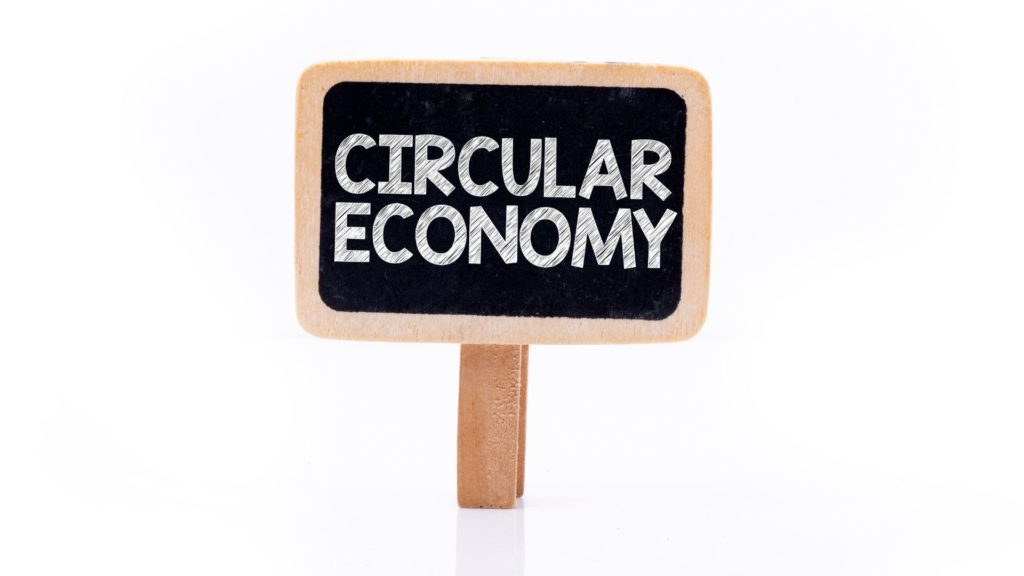
By implementing closed-loop systems, these manufacturers can reintegrate recycled materials back into the production process, reducing the need for virgin resources and minimizing environmental impact.
Furthermore, dumpster manufacturers also focus on extending the lifespan of their products through repairability and refurbishment programs. By offering maintenance services or facilitating repairs, they encourage customers to prolong the use of their dumpsters instead of replacing them entirely. This approach not only reduces waste but also saves valuable resources that would otherwise be required for producing new dumpsters.
Dumpster manufacturers actively participate in promoting a circular economy by adopting sustainable practices such as using recycled materials and implementing efficient recycling systems. Their commitment to durability and repairability helps extend product lifespans while minimizing waste generation. Through these efforts, dumpster manufacturers contribute significantly to creating a greener world where resources are conserved and waste is minimized.
Future Outlook: Dumpster Manufacturing for a Greener World
The future of dumpster manufacturing holds great promise for a greener world. With increasing awareness about environmental conservation and sustainability, manufacturers are focusing on developing innovative solutions that minimize waste generation and promote recycling. One key area of advancement is the use of sustainable materials in dumpster production.
Manufacturers are exploring alternative materials such as recycled plastics, bio-based polymers, and even organic fibers to create dumpsters that have a lower carbon footprint. These sustainable materials not only reduce the environmental impact during manufacturing but also ensure that the end product can be easily recycled or repurposed at the end of its life cycle.
In addition to using sustainable materials, technological advancements are playing a crucial role in improving the overall efficiency and sustainability of dumpster manufacturing processes. Manufacturers are investing in automated systems that optimize resource utilization, minimize energy consumption, and reduce waste generation. This integration of technology helps streamline operations while contributing to a greener manufacturing process.
Furthermore, collaboration between dumpster manufacturers and environmental organizations is becoming increasingly important for achieving sustainability goals. By working together, manufacturers can gain valuable insights into best practices for waste management and develop strategies to further reduce their ecological footprint. Such partnerships enable knowledge sharing and foster innovation towards creating a truly green future through responsible dumpster manufacturing practices.
FAQs

